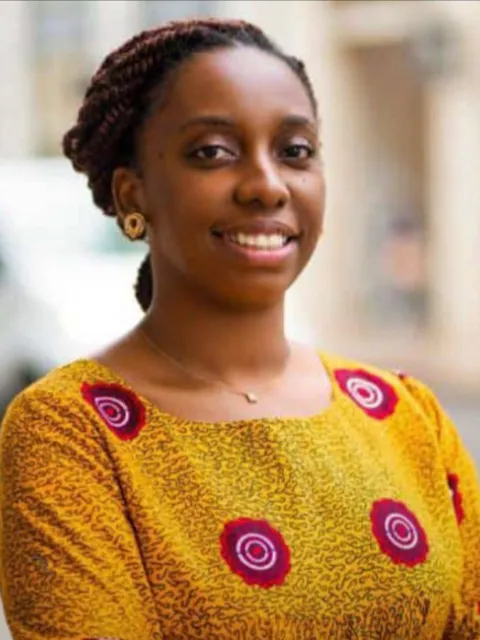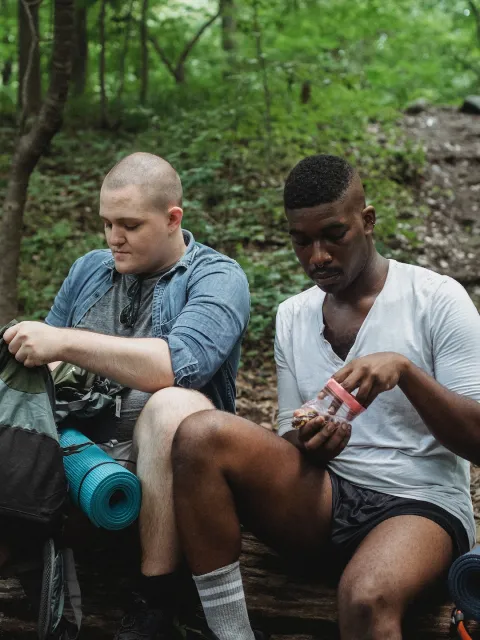Nutrition and cancer: fostering a global community

Over the last thirty years, there has been increasing recognition of the need to better understand how lifestyle – including factors related to diet, nutrition and physical activity – can influence the risk of cancer, its treatment and survival.
Although there has been more and more research in this area, those in the cancer world are not necessarily familiar with the role of nutrition in the care of cancer patients, and those in the nutrition world have often not been involved in the prevention and management of cancer. This lack of synergy across the cancer and nutrition communities spans all areas of research, education and practice, and there is a need for coordinated action to bring together both clinical and public health perspectives in these areas. Moving forward, it is vital that the nutrition and cancer worlds come together to address the issue globally.
Bringing change
In 2018, I was delighted to have the opportunity to work with a newly formed task force of the International Union of Nutritional Sciences, set up with the ambition to do exactly this – promote and facilitate collaboration between those working in the areas of nutrition and cancer. Over the last three years, it has been a privilege to witness the International Collaboration on Nutrition in relation to Cancer (ICONIC) take a recognisable form. Many have played a formative role in establishing ICONIC, including the World Cancer Research Fund International and UICC, and it has drawn heavily on the experience of the Cancer and Nutrition Collaboration of the National Institute of Health Research in the UK.
ICONIC seeks to build capacity through supporting practitioners in their training and practice, facilitating research leading to public policy focused on impactful interventions, and promoting improved care and outcomes for those affected by cancer. Indeed, all sectors of society have a role to play in bringing about change, including policymakers, scientists, health professionals and civil society. As an international community, we can work together to ensure that progress is accelerated and the outlook for those living with and beyond cancer is improved.
Building connections, coherence and leadership
One area of particular focus is ICONIC’s ambition to help facilitate new and stronger connections between different groups interested in the area of nutrition and childhood cancers, helping to bring leadership, coherence and focus to existing activities and stimulating new activities across the field.
In 2018, the World Health Organization (WHO) launched its Global Initiative for Childhood Cancer with the aim of substantially increasing survival among children with cancer to at least 60% globally, by 2030. WHO projected that this would save an additional one million lives over the next decade.
Ensuring adequate and appropriate nutrition is essential for growth and development in children but this is, of course, compromised in children with cancer. Moreover, little is known about the role of nutritional factors both in the development of childhood cancers and in survivors over time. There is an urgent need for clarity around the mechanisms by which poor nutritional state influences the resilience to disease, response to treatment and outcomes for children with cancer, so that ultimately this knowledge can be incorporated into clinical care and provide individuals and populations with evidence-based guidance.
With multiple stakeholders leading and supporting initiatives in research in nutrition and childhood cancers, ICONIC supports the development of an agreed framework that will better enable collaboration and to share understanding of what is already known, identify gaps in knowledge, and set research priorities that together will enhance opportunities for improved care.
Coordinated action
ICONIC has been fortunate to have UICC on board since the task force was established in 2018. With many activities now underway, it will be hosting a series of Virtual Dialogues in collaboration with UICC throughout 2021.
The first in the series will be a Special Focus Dialogue on “Nutrition and cancer in children, teens and young adults - current understanding and future opportunities” on Monday 12th April 2021. The session will bring together experts in the field of nutrition and childhood cancers to share their experience and understanding.
Speakers include Professors Mike Stevens, Ronnie Barr, Wim Tissing, Dr Elena Ladas and Dr Karina Viani. IARC and IAEA will also contribute to the discussion and the session will be chaired by Associate Professor Stephen Wootton. It may be of particular interest to health professionals working with children, teenagers or young adults with cancer in both lower- and middle-income countries and high-income countries, and also researchers with a specific interest in how nutrition influences cancer risk, response to treatment, and therapeutic and long-term outcomes.
Other sessions in the series are currently under discussion but may include capacity building in low and middle income countries, and prehabilitation within the management and support of those living with cancer. I look forward to ICONIC sharing its work via UICC’s online platform and further engaging with the wider international cancer community.
Last update
Thursday 18 March 2021Share this page






